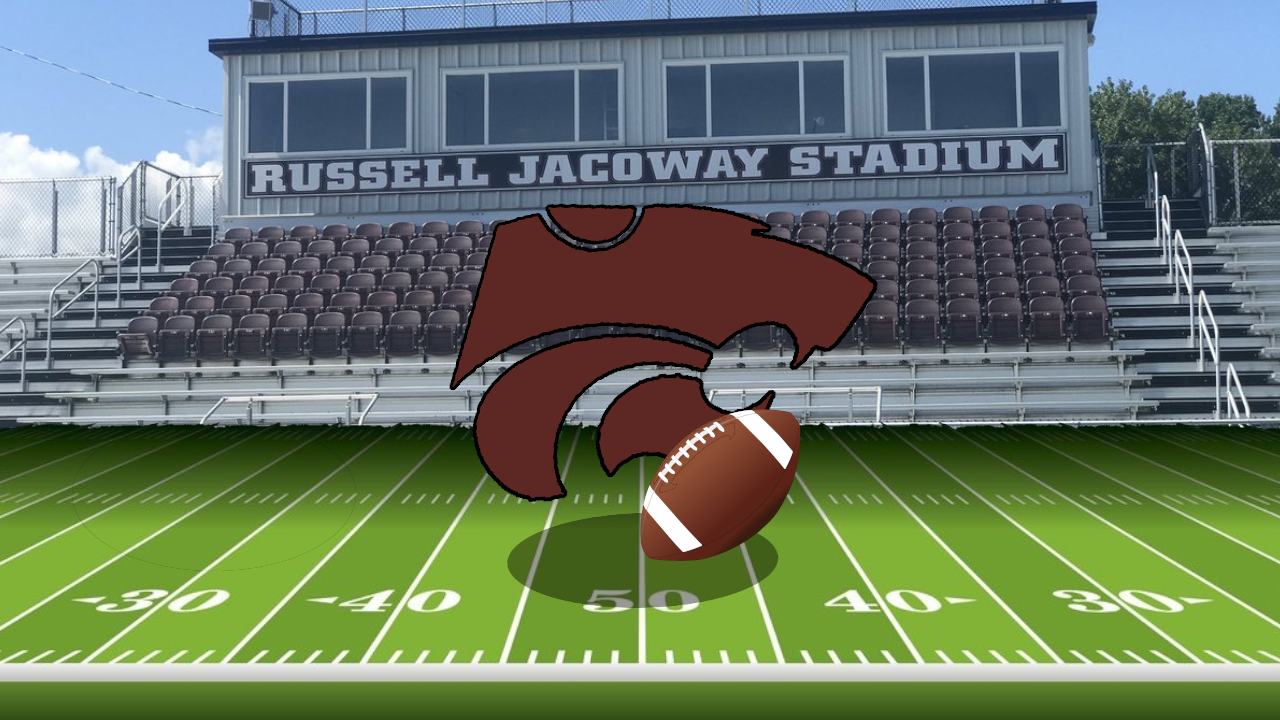 iStock/Thinkstock(CHARLESTON, S.C.) — The jurors who found Dylann Roof guilty of killing nine black parishioners at a church in Charleston, South Carolina, return to a federal courtroom to decide if he will be sentenced to death or to life in prison.
iStock/Thinkstock(CHARLESTON, S.C.) — The jurors who found Dylann Roof guilty of killing nine black parishioners at a church in Charleston, South Carolina, return to a federal courtroom to decide if he will be sentenced to death or to life in prison.
The government plans to call more than 30 witnesses, mostly survivors and victims’ family members, to testify. Survivors Polly Sheppard and Felicia Sanders, who were called to the stand during the first phase of the trial, are expected to testify again.
Roof, who is representing himself, told U.S. District Judge Richard Gergel last week he has “no plans whatsoever to call witnesses” during the sentencing phase.
During the sentencing phase Roof cannot approach the jury, the witness stand or the bench, Gergel wrote in an order. Roof’s standby counsel will sit in the first two seats at the defendant’s counsel table closest to the center aisle and Roof will sit in the third seat, Gergel ordered.
Roof, who is white, was convicted last month of shooting and killing nine parishioners at the predominantly black Emanuel AME Church on June 17, 2015. The 33 federal counts against Roof included hate crimes resulting in death and obstruction of exercise of religion resulting in death.
Roof entered the church armed and “with the intent of killing African-Americans engaged in the exercise of their religious beliefs,” according to the federal indictment against him. The parishioners welcomed Roof into their Bible study group, according to the indictment, after which Roof drew his pistol and opened fire.
In a police video interview of Roof that was played in court, Roof laughed as he admitted to the shooting, saying he used a Glock 45 to do it. “I didn’t say anything to them before I pulled it out, not even one word,” Roof said of the gun in the video. “I mean they reacted after I shot them.”
Defense attorney David Bruck told the court last month, “He did it … You’re probably wondering, so what we are doing here? Why does there need to be a trial? … The practical reason is that the government has asked for the death penalty after conviction, and because of that, we have a procedure to go through.”
“Our society does not order the death penalty if there are reasons to choose life,” Bruck added. “You’re going to want to understand who this person was and why on earth he would want to cause so much grief.”
Roof also faces a state trial in which he may again face the death penalty.
Copyright © 2017, ABC Radio. All rights reserved.




